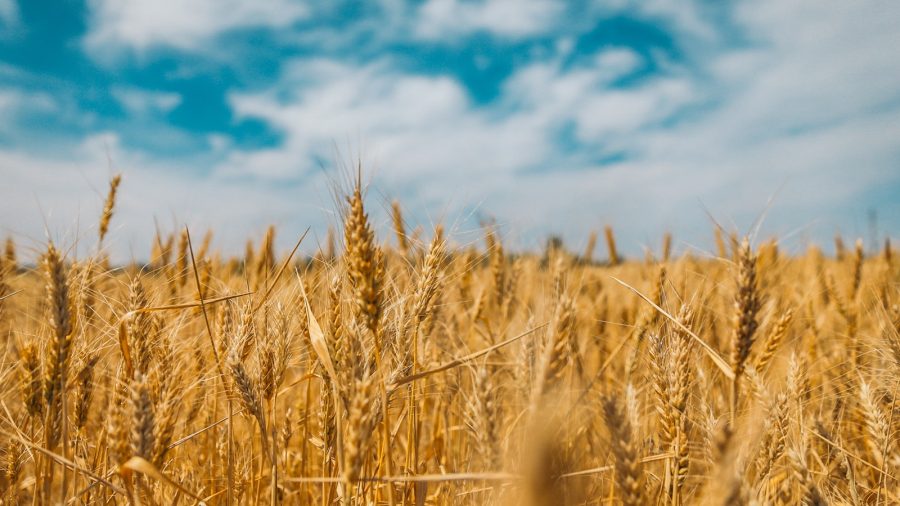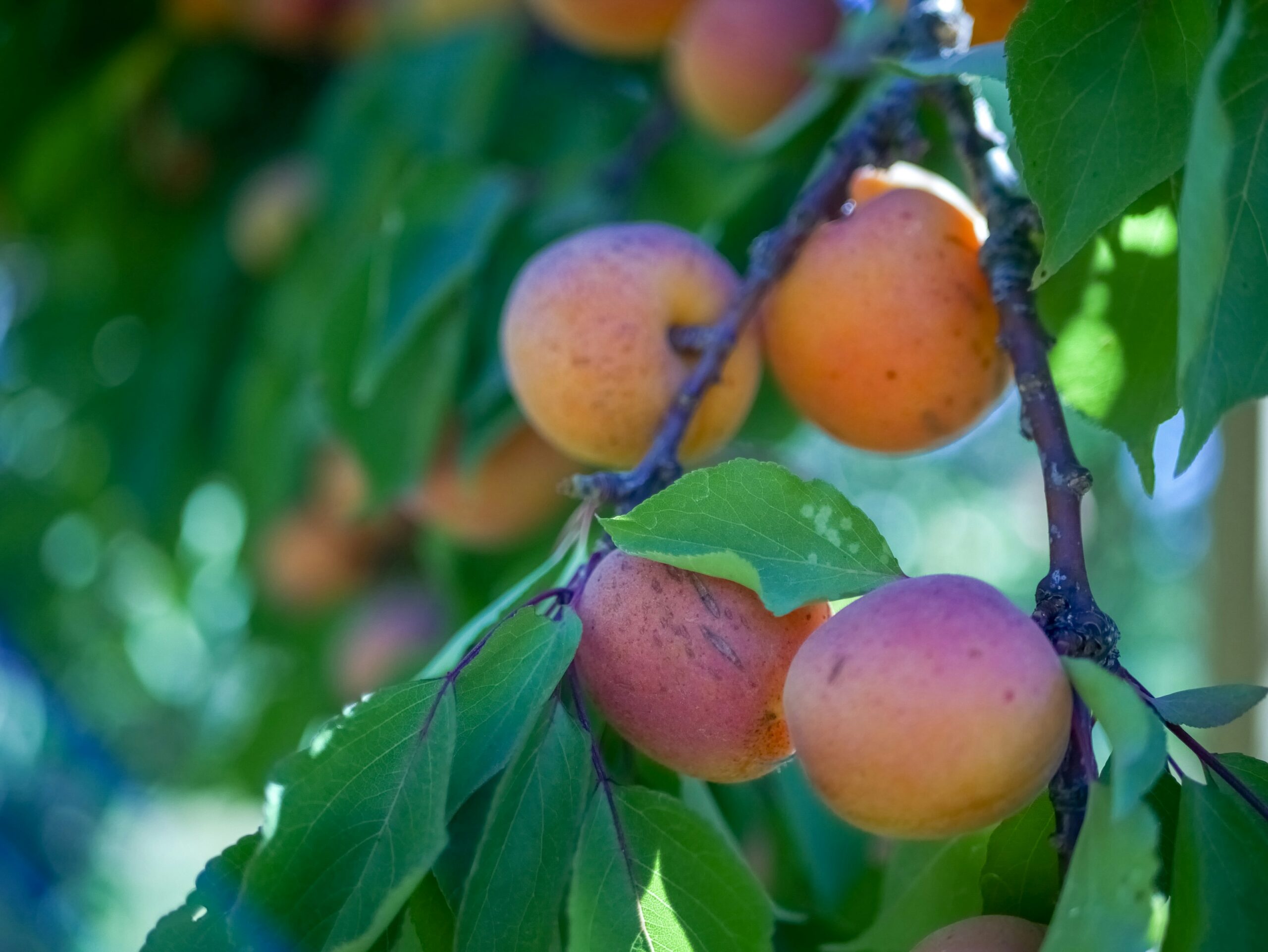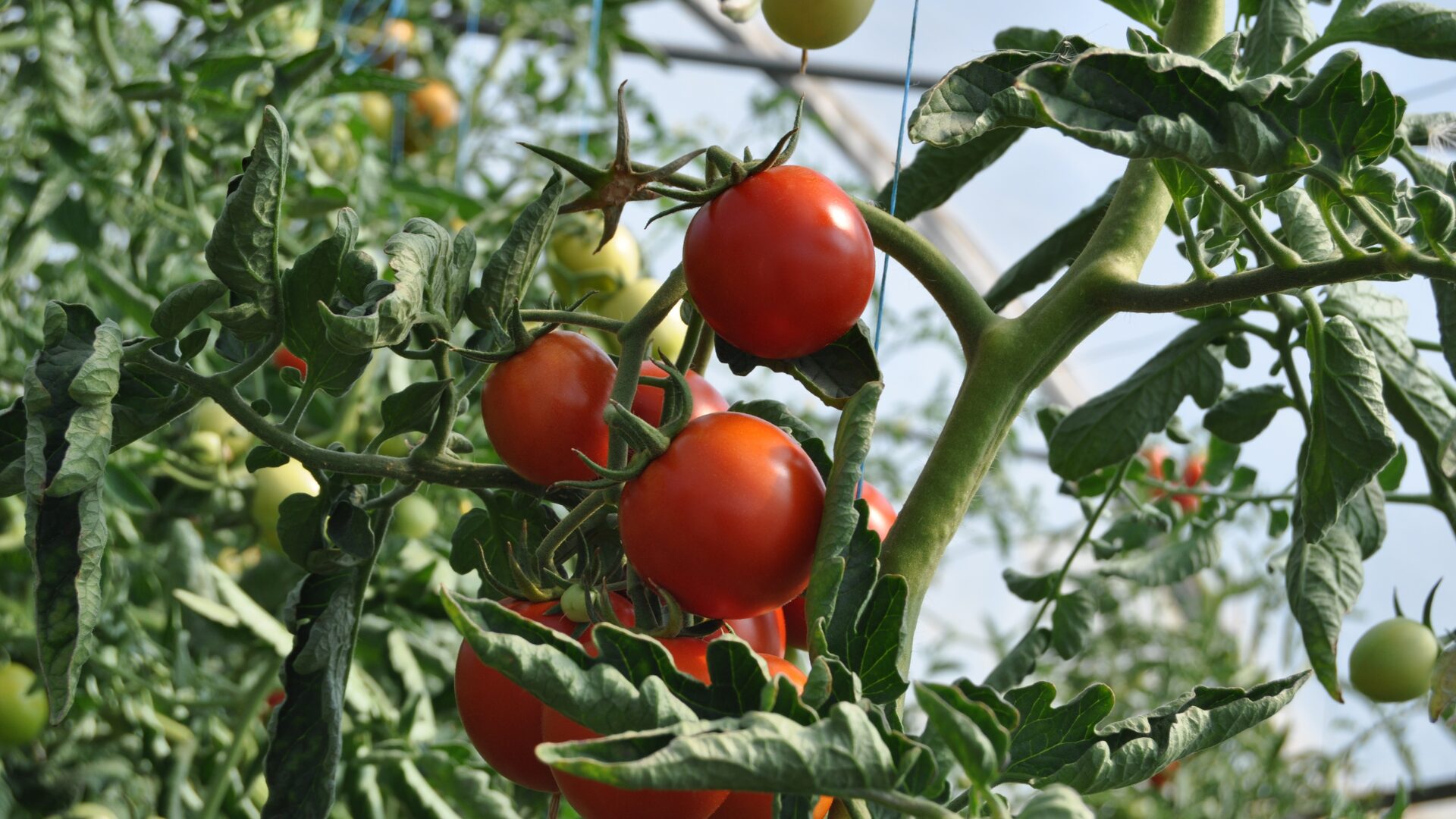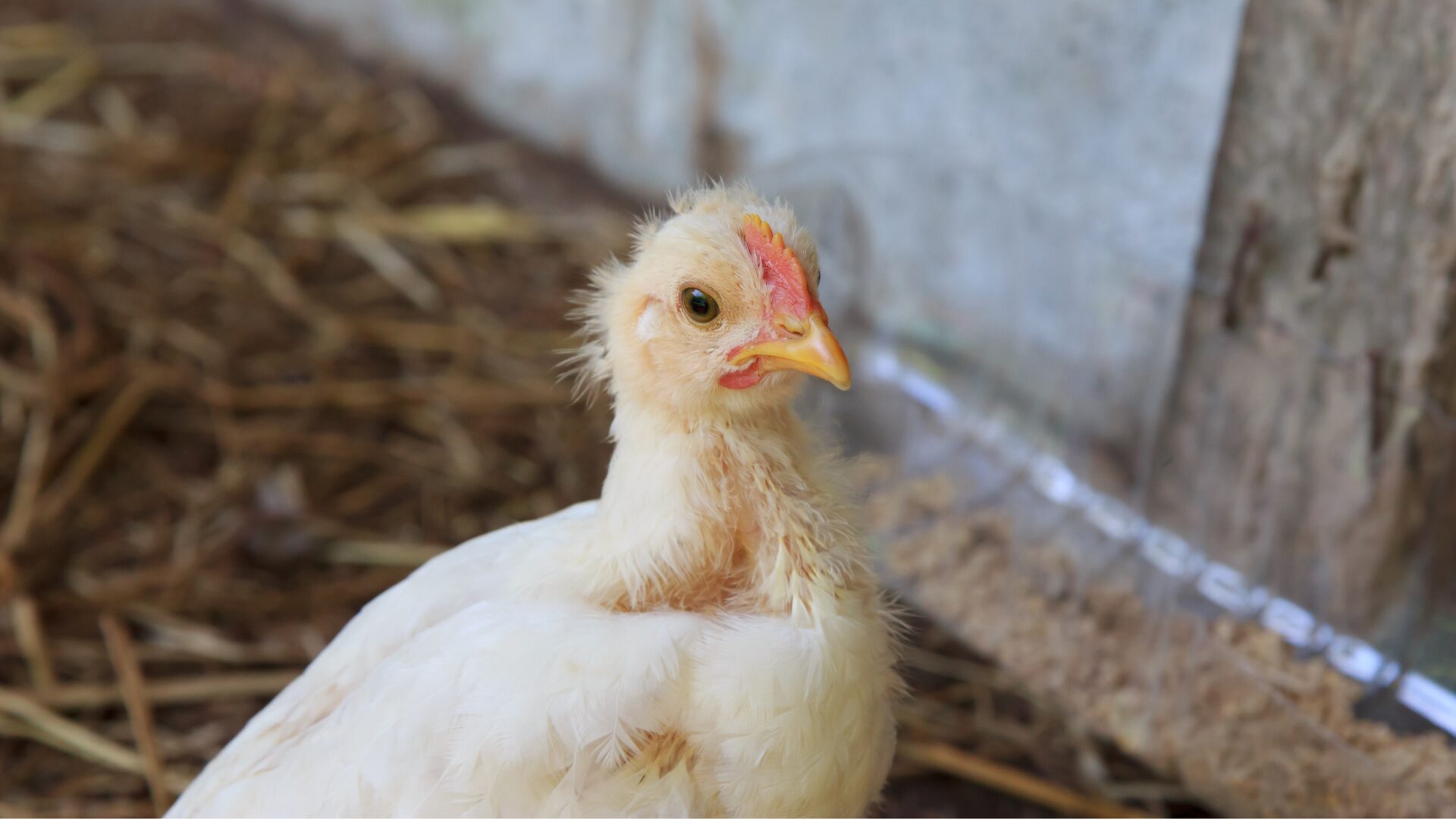The conflict in Ukraine could cause food and feed prices to rise up to 20%, according to the United Nations food agency.
The Food and Agriculture Organization said it was unclear whether Ukraine would be able to harvest crops if the war continued on, Reuters recently reported. Uncertainty also surrounds the prospects for Russian exports in the coming year.
Meanwhile, the Russia-Ukraine war is threatening the wheat supply. Wheat stockpiles were already low and prices were the highest in years due to poor growing weather when Russia’s attack jammed up Black Sea trading and endangered nearly one-third of the world’s exports.
The invasion prompted fears of food shortages in countries fed with imported grain and pushed prices to new highs; the benchmark U.S. wheat price, at $11.07 a bushel, is 72% higher than a year earlier and analysts expect the war will keep wheat high, reported The Wall Street Journal (March 13).
The conflict in the Ukraine appears likely to impact other key elements of the world’s food supply too:
ECONOMIC SANCTIONS IMPACT DEMAND
Commercial activity in Ukraine’s ports has been halted since Russia’s invasion began in February, reported The Wall Street Journal (March 15). This will make it difficult for farmers to harvest their crops later this summer and export grains if fighting cuts them off from the land.
Though Russian farmers do not face the same physical hurdles, economic sanctions are already impacting demand for the country’s agricultural goods.
ENERGY & FERTILIZER’S INFLUENCE ON FARMERS
Energy markets will influence how farmers respond to shortages. Rising fuel costs will squeeze agricultural profit margins despite high food prices which will incentivize production.
Fertilizer has also become much more expensive. Norwegian fertilizer giant Yara International said its European ammonia and urea production is running at less than half of normal capacity because of record-high natural gas prices in the region.
CAN OTHER BIG GRAIN PRODUCERS STEP IN?
It is possible that other grain producers can try to make up for the shortfalls of Russia and Ukraine. After five consecutive record crops, for example, India’s government has plenty of wheat inventories that could be exported.
Australia also had a very good harvest this year, The Wall Street Journal noted, but shipping capacity is tight. Lack of transport means the country’s producers may struggle to get as much grain to international markets as preferred.












